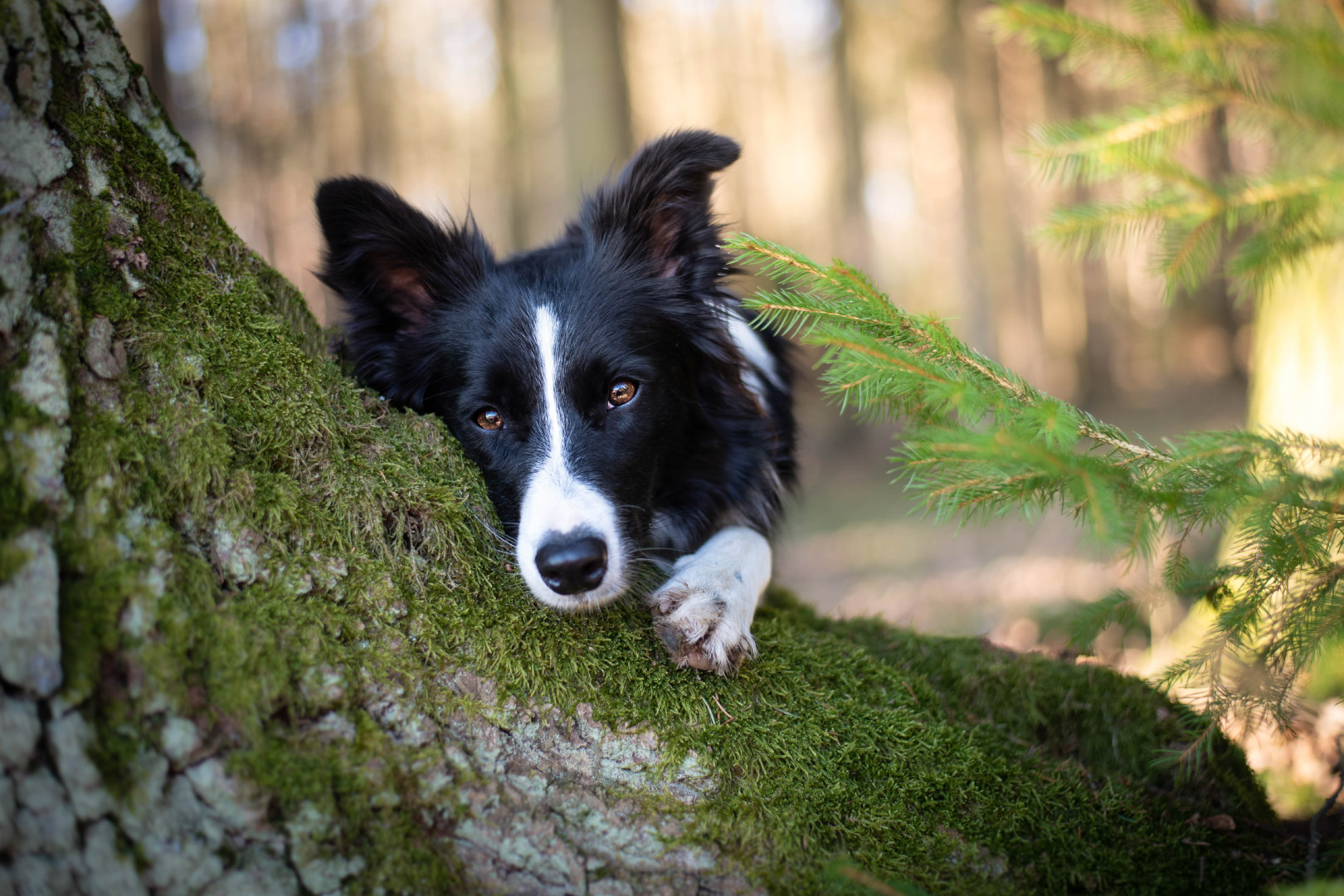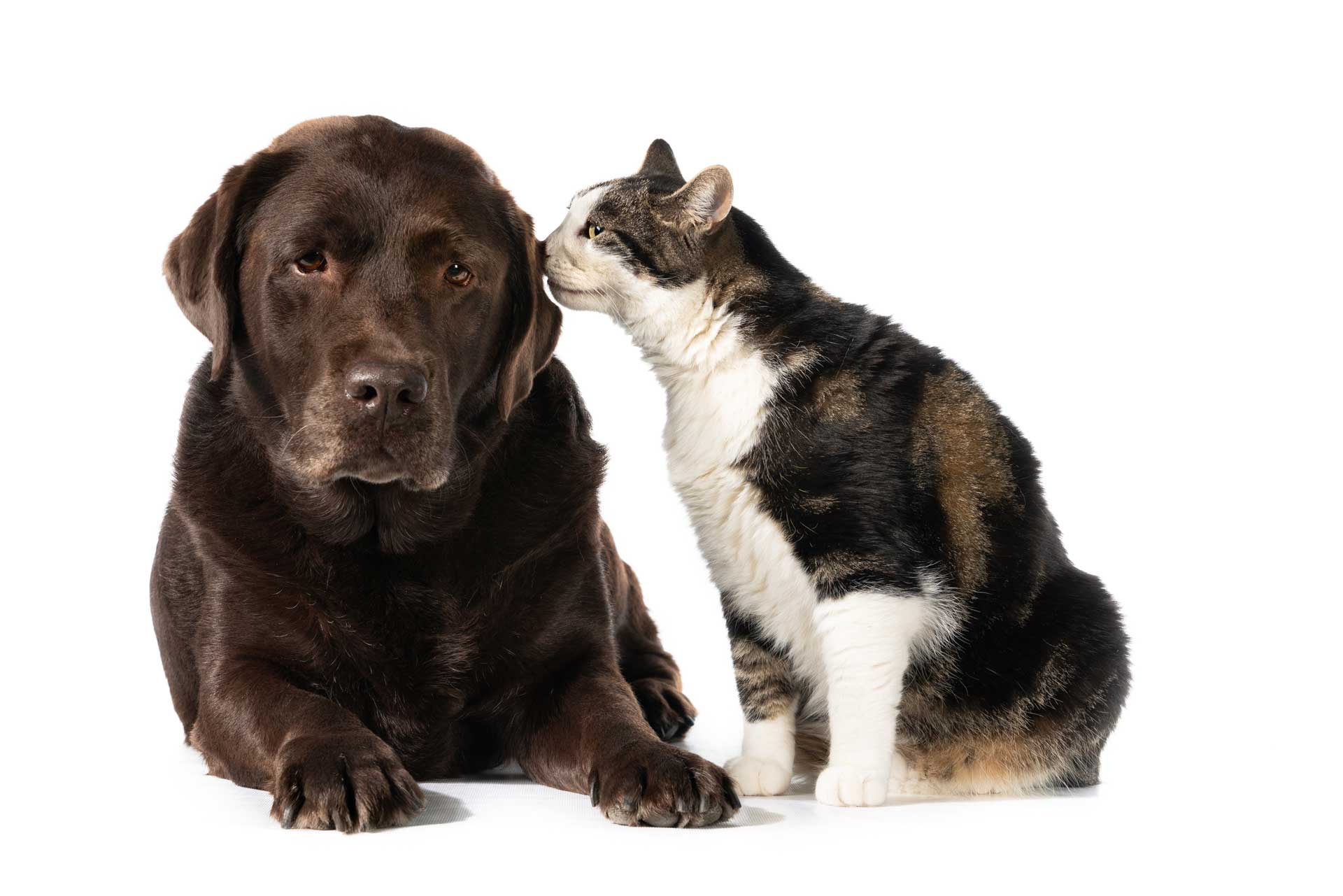Their deep emotional bond with people can lead to anxiety, sadness, or even destructive behavior when left alone.
Among the most sensitive are Maltese dogs – though small in size, they form strong attachments to their humans and struggle with any prolonged absence of attention.
Border Collies, known for their intelligence and energy, also suffer when left without company, often showing signs of restlessness and stress if alone for too long.
A similar situation applies to English Cocker Spaniels – naturally playful and sociable, but extremely sensitive to feeling neglected.
Even larger breeds aren’t immune. Labrador Retrievers, while generally stable and friendly, may experience emotional distress when deprived of interaction.
German Shepherds, famed for their loyalty, can become anxious or even destructive if they’re not involved in daily family life.
Even Bulldogs, who appear calm and laid-back, can have a hard time dealing with changes in routine and long stretches of solitude.
If you notice that your dog is showing signs of anxiety when left alone – such as howling, destroying objects, withdrawing, or excessive licking – it’s important to take action.
Gradually getting them used to being alone, providing interactive toys that keep them mentally engaged, maintaining a consistent routine, and arranging for someone to visit or walk your dog while you’re away can make a big difference.
Additionally, our Happy Pets TV can be a great support – its calming content is designed to help your pet cope with separation anxiety more easily.



